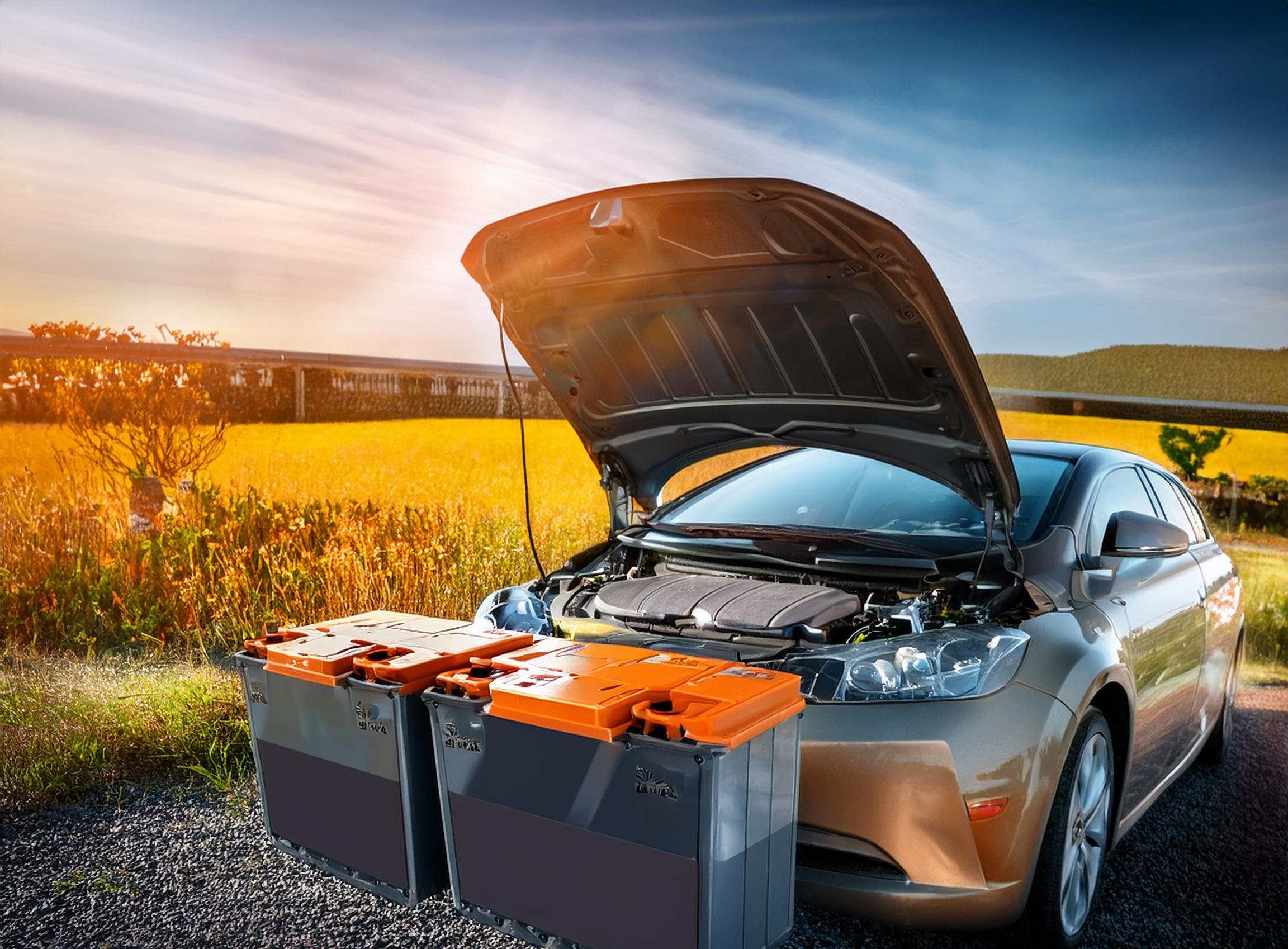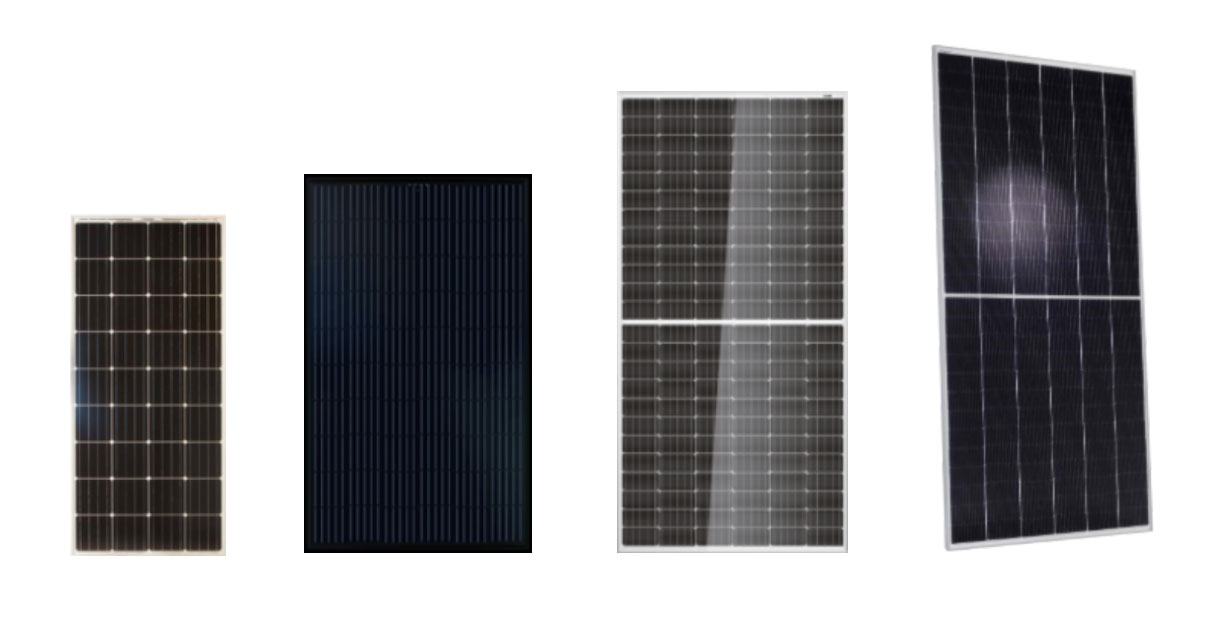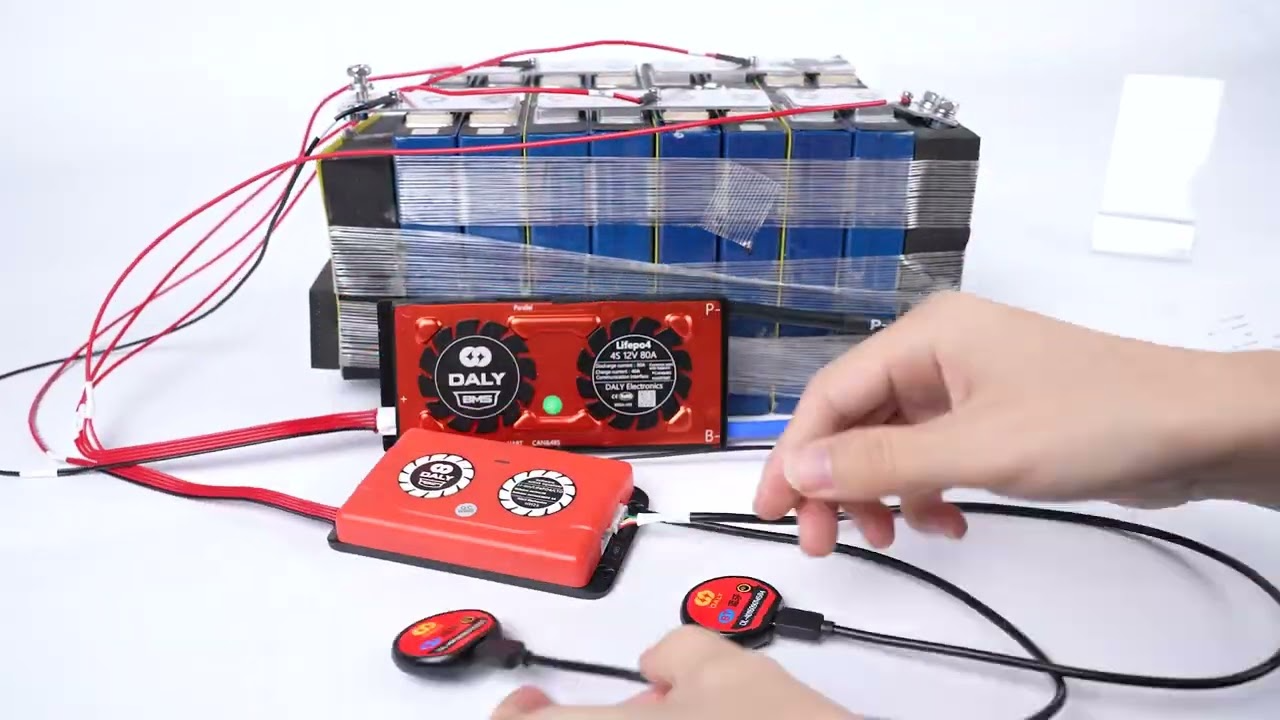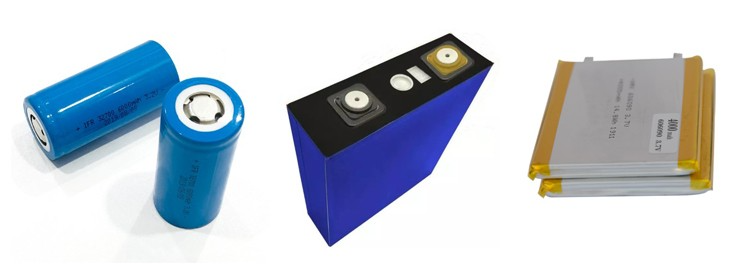Can you replace your lead acid car battery with lifepo4
Yes, you can replace a lead-acid battery in a car with a LiFePO₄ (Lithium Iron Phosphate) battery, but there are some important factors to consider to ensure the replacement works properly and safely. LiFePO₄ batteries offer many advantages over traditional lead-acid batteries, but they also have different characteristics that may require some adjustments.
Key Considerations for Replacing Lead-Acid with LiFePO₄:
1. Voltage Compatibility:
- LiFePO₄ Nominal Voltage: A typical 12V lead-acid battery has a nominal voltage of around 12.6-12.8V when fully charged. LiFePO₄ batteries have a nominal voltage of 13.2-13.4V, which is slightly higher but generally within the acceptable range for most car electronics.
- Charging Voltage: Car alternators are designed to charge lead-acid batteries, typically between 13.8-14.4V. Most LiFePO₄ batteries are compatible with this charging voltage range, but you should verify the specific charging range of the LiFePO₄ battery you're considering to ensure it's compatible with your alternator.
2. Cold Weather Performance:
- Cold Temperature Sensitivity: LiFePO₄ batteries have reduced performance in cold weather, especially below 0°C (32°F). In very cold environments, charging the battery could even cause damage unless the battery is equipped with a Battery Management System (BMS) or built-in heating system.
- Solution: Choose a LiFePO₄ battery with a built-in low-temperature cutoff or heater, or use the vehicle in climates where extreme cold is not an issue.
3. Battery Management System (BMS):
- Essential for Protection: A LiFePO₄ battery should come with a BMS to protect it from overcharging, over-discharging, overheating, and operating in low temperatures. The BMS ensures the battery operates within safe parameters, which is especially important in an automotive application with variable electrical loads.
- Smart BMS: Some advanced BMS systems have features like balancing cells for optimal performance, automatic disconnects when the battery is too hot or cold, and Bluetooth monitoring.
4. Physical Size and Terminals:
- Different Form Factor: LiFePO₄ batteries may have different dimensions compared to lead-acid batteries, so ensure that the LiFePO₄ battery fits in your vehicle’s battery compartment and that the terminals are compatible with your car’s wiring and connectors.
- Weight: LiFePO₄ batteries are much lighter than lead-acid batteries, which can be beneficial for performance but might require securing the battery properly.
5. Charging System:
- Alternator: Most modern car alternators can safely charge LiFePO₄ batteries, but some older or specialized vehicles may require a DC-DC converter to regulate the charging voltage and ensure the LiFePO₄ battery is charged within its ideal voltage range.
- Trickle Charging: If you use a trickle charger (e.g., when storing the vehicle), ensure it's compatible with LiFePO₄ batteries. Many trickle chargers designed for lead-acid batteries will not work properly with LiFePO₄.
6. Discharge Characteristics:
- Stable Voltage Output: LiFePO₄ batteries maintain a more consistent voltage throughout the discharge cycle, which can improve the reliability of your vehicle’s electrical systems (e.g., lights, electronics). Lead-acid batteries experience a more gradual voltage drop as they discharge.
- Higher Capacity Usability: LiFePO₄ batteries can be discharged to a deeper level without damaging the battery compared to lead-acid batteries, allowing more usable capacity.
7. Cost:
- Higher Initial Cost: LiFePO₄ batteries are more expensive upfront compared to lead-acid batteries. However, they have a much longer lifespan (typically 5-10 times the cycle life of lead-acid), so the overall cost of ownership may be lower in the long run.
Advantages of Using LiFePO₄ in Cars:
- Longer Lifespan: LiFePO₄ batteries last much longer than lead-acid batteries, often providing 2,000 to 5,000 cycles compared to 300 to 500 cycles for lead-acid.
- Lighter Weight: A LiFePO₄ battery is significantly lighter, reducing the weight of the car, which can improve fuel efficiency and performance.
- Faster Charging: LiFePO₄ batteries charge faster than lead-acid, which can be an advantage for vehicles with high electrical demands.
- Low Self-Discharge: LiFePO₄ batteries have a much lower self-discharge rate, meaning they hold their charge better when the vehicle is not in use.
Disadvantages:
- Cold Weather Performance: As mentioned, LiFePO₄ batteries are sensitive to cold and need protection or a heating system in cold climates.
- Higher Initial Cost: LiFePO₄ batteries are more expensive upfront, although their longer lifespan can offset the higher initial price over time.
Use Cases for LiFePO₄ in Automotive Applications:
- Standard Vehicles: LiFePO₄ batteries can replace lead-acid starter batteries in regular gasoline and diesel-powered vehicles, as long as they have a BMS to manage the charging system and cold weather protection if necessary.
- Electric Vehicles (EVs): Some electric and hybrid vehicles already use LiFePO₄ batteries due to their safety, long lifespan, and stable performance characteristics.
- RVs, Off-Grid Vehicles, and Marine Applications: LiFePO₄ batteries are particularly useful in off-grid vehicles, recreational vehicles (RVs), and boats where weight reduction, long life, and high energy density are essential.
Conclusion:
You can replace a lead-acid battery in a car with a LiFePO₄ battery, but it’s important to ensure the battery is properly sized, has an appropriate BMS, and is compatible with the car’s charging system. In most cases, modern vehicles with properly designed alternators can handle the switch to LiFePO₄, offering advantages like longer life, lighter weight, and better performance, particularly in terms of energy efficiency and discharge characteristics. However, special care should be taken in cold environments, and additional upfront cost needs to be considered.





